
Government's economic policies and programmes are yielding the expected results, with macro-indicators showing a 6.6 per cent growth in Gross Domestic Product (GDP) for first quarter of 2017 as against a 4.4 per cent for the same period in 2016.
The Minister for Finance, Ken Ofori-Atta, made this known in Parliament, yesterday.
Mr Ofori-Atta was presenting the Mid-Year Fiscal Policy Review of the 2017 Budget, in accordance with Section 28 of the Public Financial Management Act, 2016 (Act 921).
He said government's focus in the first half of the year was to stabilize the economy and re-establish the principles of good economic governance and that the objective was achieved with a stable economy, inflation trending downward, a stabilized cedi and lower interest rates.
"The macro-fiscal performance we have achieved in the first six months of President Akufo-Addo's administration is showing remarkable progress. The major macroeconomic indicators are now trending in the right direction indicating that the economy is on track. Progressively, confidence is being restored in the economy and we are hopeful that it will be sustained. The macro-indicators for the first-half of the year are pointing in the right direction. We replaced the 17.5% standard rate to a 3% flat rate. We reduced the special petroleum tax from 17.5 to 15% and abolished duties on spare parts.
"The deficit on commitment basis is now on 10.9%, up from the previous 10.3%. In recent years, the country accumulated high debts; our debt stock increased to GH¢122bn, that is 1154%. We inherited a weak economy, characterized by high fiscal deficits," he expatiated.
Mr Ofori-Atta said the signs of economic recovery, including the reduction in fiscal deficit and interest rates, and the restoration of investor confidence, were broadly reflected in the Business and Consumer Confidence Surveys conducted in June 2017 by the Bank of Ghana (BoG) as noted in the July edition of BoG's Monetary Policy Committee's (MPC's) Press Release.
He admitted a fall in revenue targets, but explained that expenditure levels had also been reduced accordingly.
In addition, the Finance Minister disclosed that measures had been taken at the country's ports to ensure that corrupt activities were nipped in the bud in order to shore up the revenue receipts and gave the assurance that government was committed to strengthening the implementation of revenue measures to ensure that the country met its revised revenue targets.
"To ensure that the fiscal objectives and targets are not compromised, we will make the necessary downward adjustment to discretionary expenditures in the event that we are not able to meet our revenue targets," he said.
He made it known that government had saved the country an estimated $1 billion after it renegotiated and restructured the terms of a Liquefied Natural Gas (LNG) supply contracts entered into by the past government.
He said government remained strongly committed to growing the economy and delivering services through strategic allocation and efficient use of resources.
Mr Ofori-Atta announced that government had also approved the Volta River Authority (VRA) restructuring agenda to bring about "increased operational efficiency and private sector investments in the power sector."
Cabinet, he said, had also approved the establishment of the Electricity Market Oversight Panel (EMOP) to infuse operational sanity in the generation and supply of electricity in the country, particularly "managing and optimizing hydroelectric generation in the country."
Mr Ofori-Atta said the progress made during the first half of the year was the result of the sound economic management and promised that second half of the year would see the commencement of actual implementation of government's flagship programmes, when new businesses would be set up under the One-District One-Factory programme and existing businesses stimulated and rejuvenated.
Source: ISD (Gilbert Ankrah)
Read Full Story
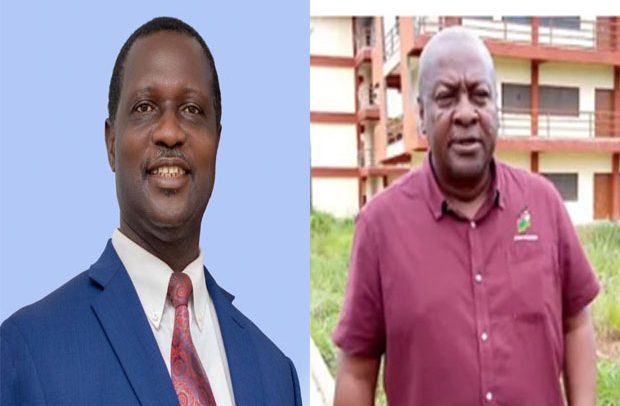
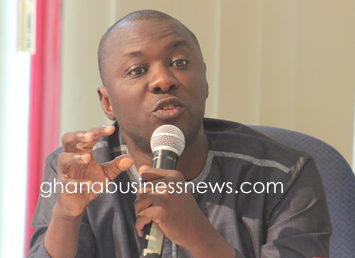
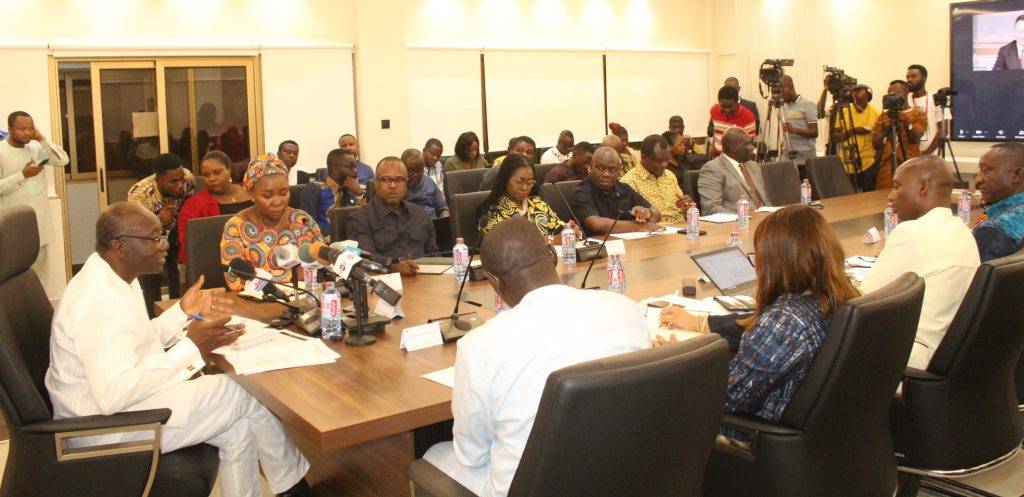
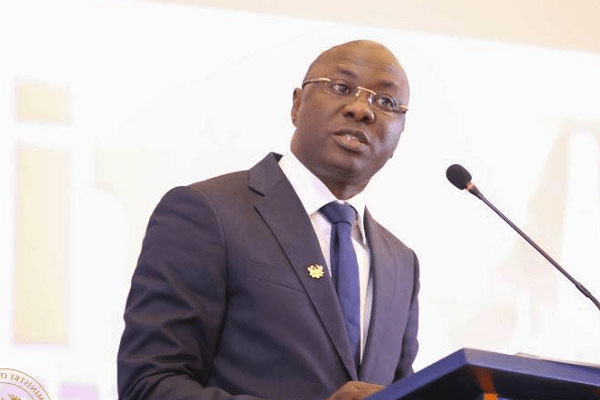
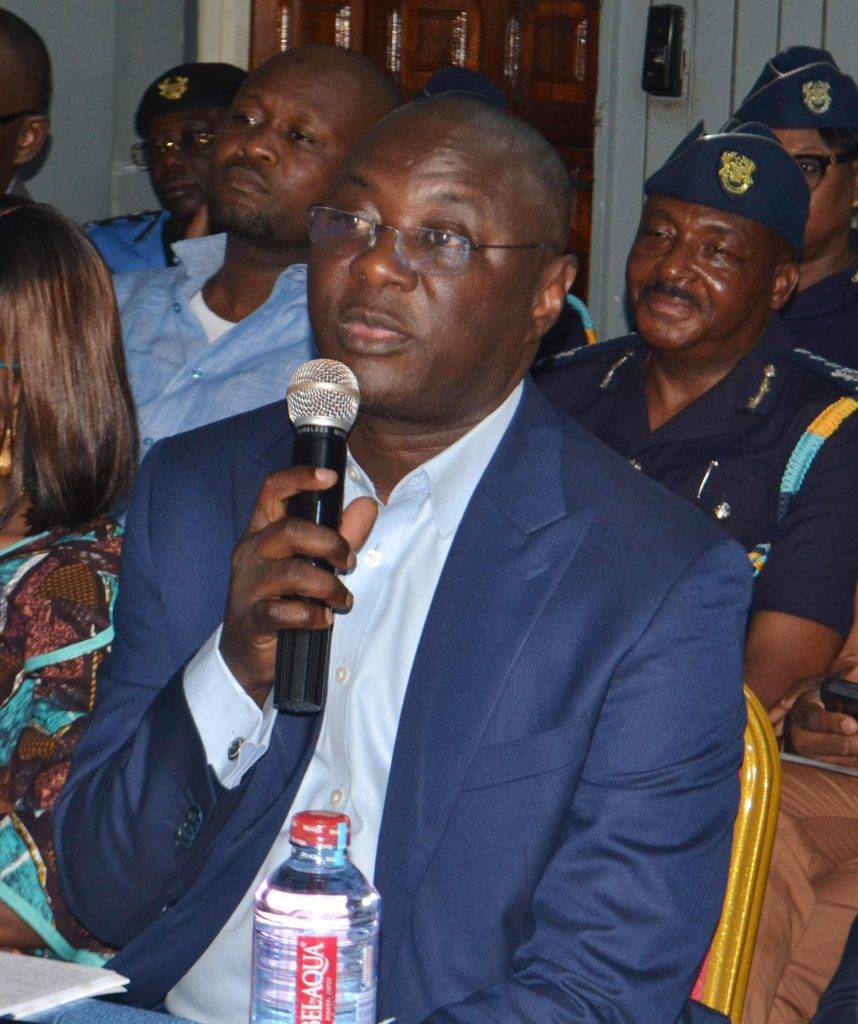
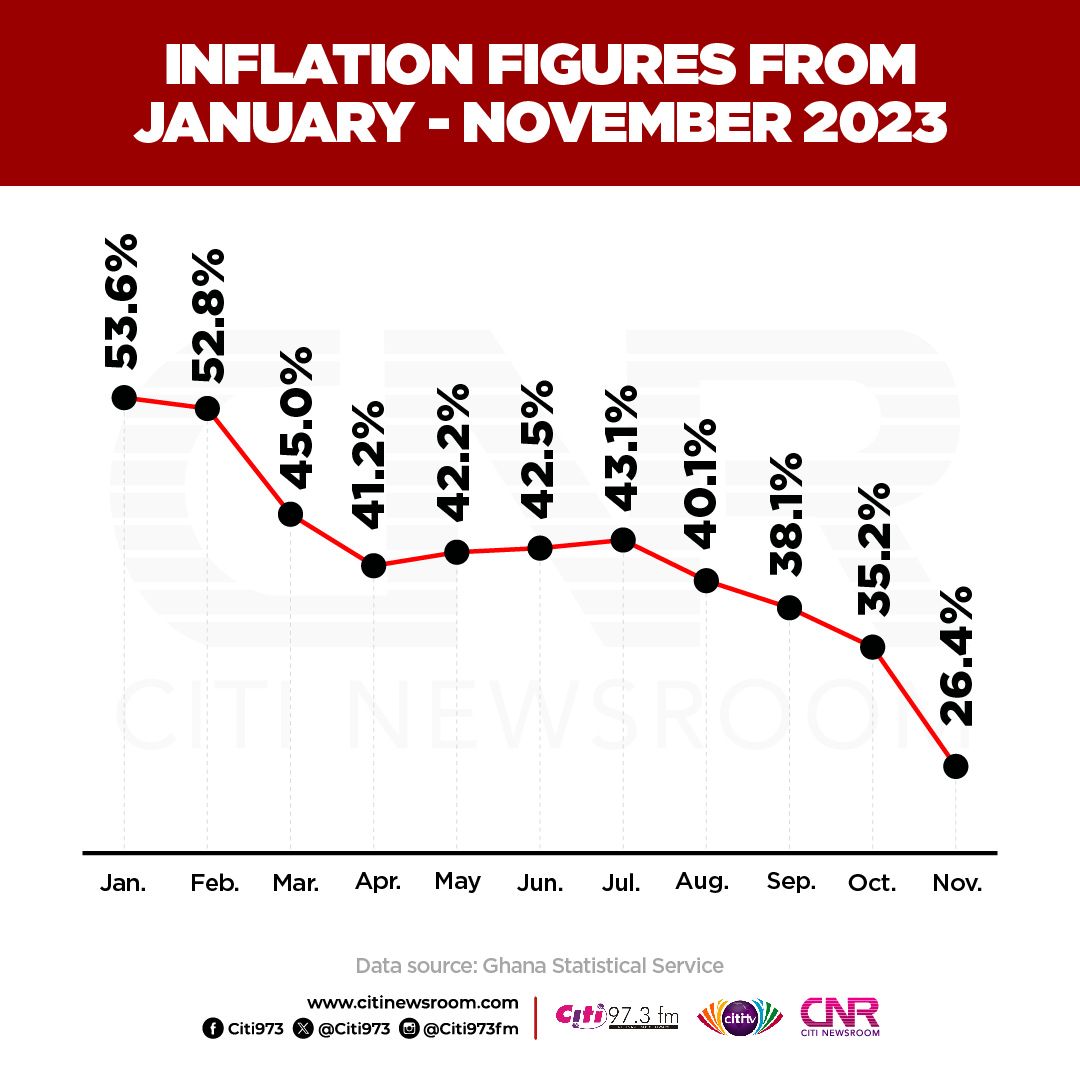
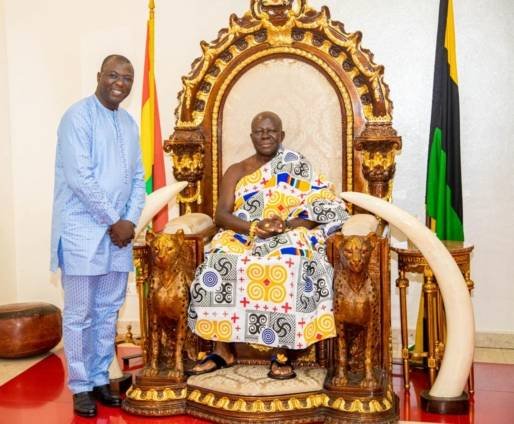




















Facebook
Twitter
Pinterest
Instagram
Google+
YouTube
LinkedIn
RSS